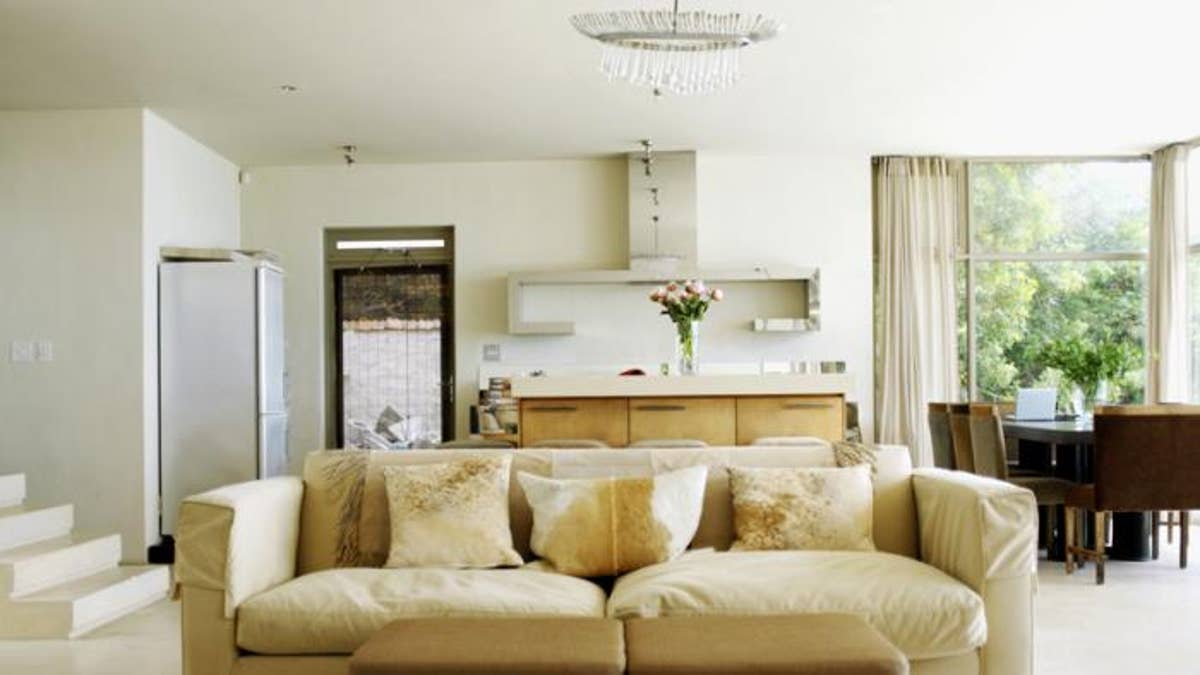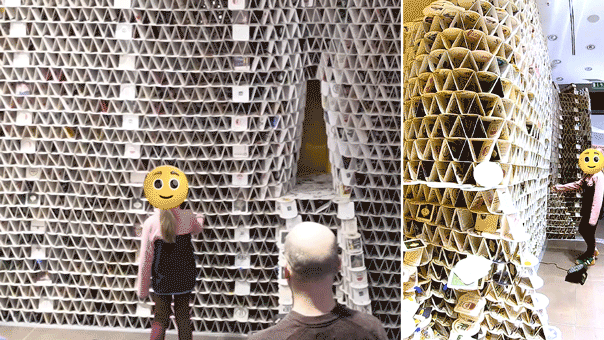
With home sales down 19 percent from the fall of 2009, it can be harder than ever to sell your house, let alone make a profit. And depending on your real estate market, distinguishing your property from all the others on the block is one of the first challenges sellers face. That's why home staging has become an essential tool in selling a home.
What is Home Staging?According to Barb Schwarz, founder and CEO of Stagedhomes.com, staging is "the simple act of preparing a home for sale regardless of location, condition, market, interest rates or the economy." Schwarz, who is also a real estate agent and best-selling author, emphasizes that a home is always an investment and should be treated as such.
"Everyone's home is a product that must be merchandised," she says. "You want to make an investment on your investment. The buyer will want the best product for the best price with the best wrapper."
The Benefits of Home StagingStaged homes sell in an average of 33 days or fewer, compared to unstaged homes, which typically stay on the market for almost 200 days. Furthermore, staged homes can often increase sale price by anywhere between 3 and 50 percent.
So just how much should you invest in staging? Depending on your budget, the state of your home, and whether you hire a professional, it can cost anywhere between $200 and $8,000. And while this may seem like a huge amount, it can save you money overall. "The investment of staging is always less than price of reduction," says Jennie Norris, owner of Sensational Home Staging in Denver, Co. Because unstaged properties typically stay on the market longer, they often face price reductions. According to the National Association of Realtors, those reductions are generally between 5 and 20 percent. In other words, if you put your house on the market for $250,000 and it sits with no offers for months, you might eventually reduce the asking price by as much as 20 percent, from which you'd lose $50,000. Staging a home can cost a fraction of that and speed up the selling process.
The Rules of StagingStaging is different than decorating; in fact, they are almost opposite. "Decorating is about personality, staging is about depersonalizing," says Norris, "Because you'll be preparing your home for an unknown buyer, you don't want your home to look too customized." There are four main elements of a staged home, all of which should be done with neutrality in mind:








































